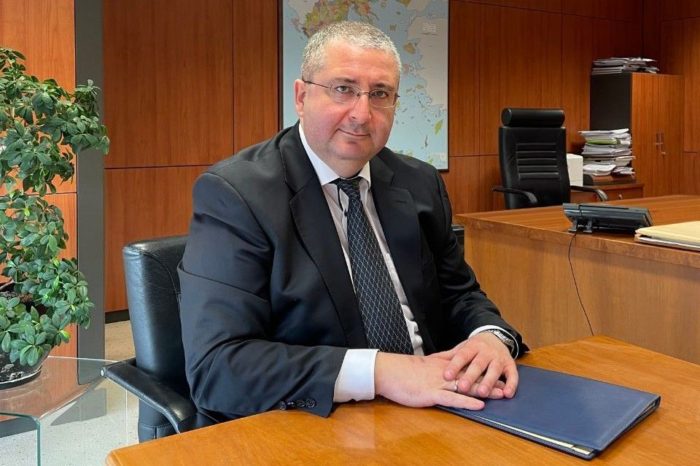Impetum Group: “Managers expect a five percent increase in turnover this year and a recovery to the level before the pandemic in the summer of 2022”

Managers’ confidence in the Romanian economy has increased in Q4/2020, in conditions in which the decrease in turnover is half compared to the pessimistic expectations at the beginning of the pandemic, according to CONFIDEX Q4 2020 results made public by Impetum Group. CONFIDEX index, which measures managers’ confidence in the economy, grows from 41 in Q2 and Q3 2020 to 45, but is lower (43) in the case of small companies, which have been more affected by the pandemic.
“CONFIDEX obviously shows a more optimistic attitude of managers in the last quarter of 2020, mainly as a result of the decrease to half of losses estimated at the beginning of the pandemic, and this will have an effect in the positive evolution of our economy this year. But the optimism in the last quarter of last year could postpone the companies’ alignment to the new economy. It is a false target to aim to return to what was before, now the stake is to get ready for the new economy”, says Andrei Cionca, CEO & Co-founder of Impetum Group.
At the same time, companies are starting to reconfigure their spectrum of priorities and are becoming increasingly interested in digitization and redefining the relationship with customers. While the first measure is designed for transition back to normal, the second is rather seen as an adaptation and precaution measure in lockdown conditions.
As regards Q1/2021, the percentage of those who believe that GDP will fall has decreased from 73 percent to 46 percent, and the increase in investment and digitization are priorities for companies in the following year. CONFIDEX shows a smaller share of those who believe that unemployment will increase (75 percent vs 54 percent) and of those who think that inflation will grow (70 percent vs 58 percent).
”Maslow’s hierarchy of needs is very clear in the case of companies. Therefore, after managers have overcome the initial shock and have made sure that they have what it takes to survive, many have at the moment plans to expand and increase sales and profits. Moreover, digitization, moving operations online and teleworking are on their list of priorities, at least in terms of statements“, Andrei Cionca, CEO & Co-founder Impetum Group, also said. Looking now at the whole year 2020 we realize that we have undergone a crisis of confidence – from the difficult period in which the lack of visibility affected us more than reality, the managers’ optimism is slightly returning and they make decisions based on reality, not on the perception of risk, continued Andrei Cionca.
By the end of 2021, managers estimate a recovery at least partial in terms of key financial indicators of companies. They expect turnovers and investments to climb by 5 percent compared to 2020 and profit to go up by around 1 percent. At the same time, they also expect an increase in the number of employees, but also in production costs, by around 2 percent.
The optimism at the end of last year is also reflected in expectations regarding the return to the situation before the pandemic. Most managers expect a full recovery of losses caused by COVID-19 in the summer of 2022.
Next, managers see a V-shaped way out of the crisis, but with a two-speed comeback, given that companies have been affected differently by the pandemic, as shown by the CONFIDEX Index. For example, HoReCa continues to remain the sector most affected by the pandemic.
Companies gradually give up austerity measures, such as: layoffs, unemployment and downsizing. 70 percent of the medium and large companies and 55 percent of the small ones believe that, in the following period, productivity should increase, including by investing to remain competitive. Only 27 percent believe that the decrease in costs is more important in this period (-10 percent compared to Q3).
In the area of less positive news, CONFIDEX shows that the working capital decreases for 35 percent of the managers, most of them claim that the relationship with banks has worsened, and access to lending has become more difficult.
Also, the pandemic has not solved the issue of the labor force, which ranks second in the top of challenges.
Overall, the outlook in terms of evolution of the economy for the following 3 months is better. The most pessimistic are the managers in Transport and Services, and the most optimistic are those in Constructions.
Most (85 percent) managers believe that starting the anti-COVID vaccination campaign will have a positive impact on national economy.
Increase in productivity is the main engine for economic relaunch for almost two thirds of the companies, and the decrease in costs will enter a downward trend: by 10 percent fewer managers are considering cutting costs as a way of recovery.













